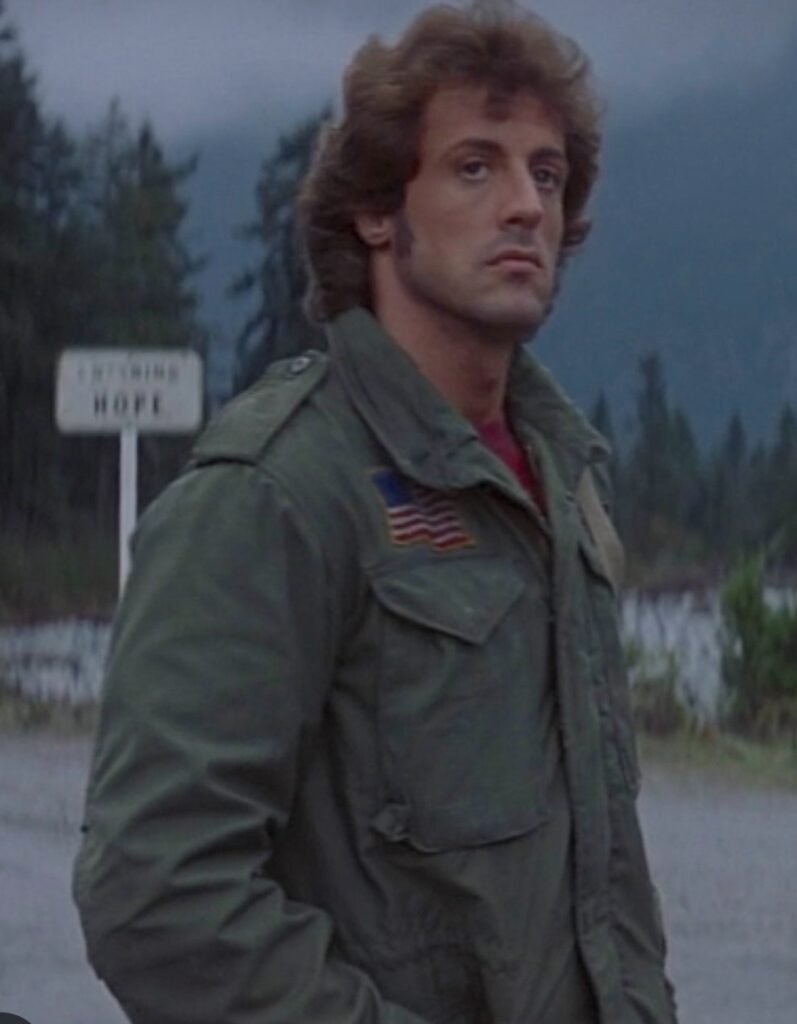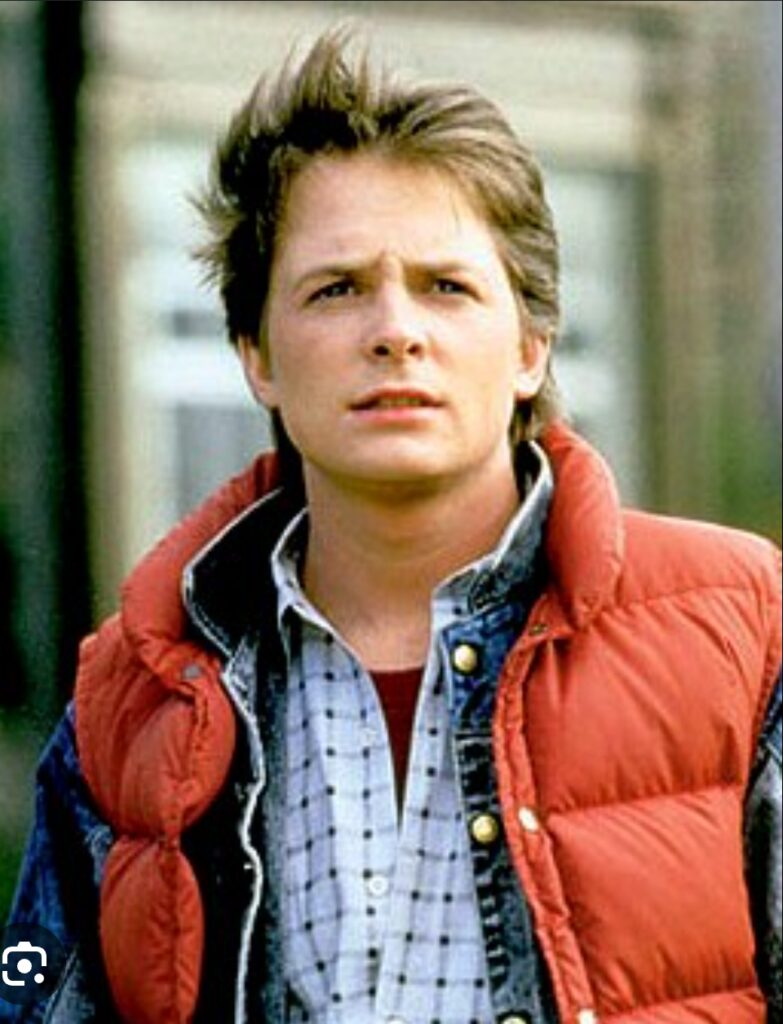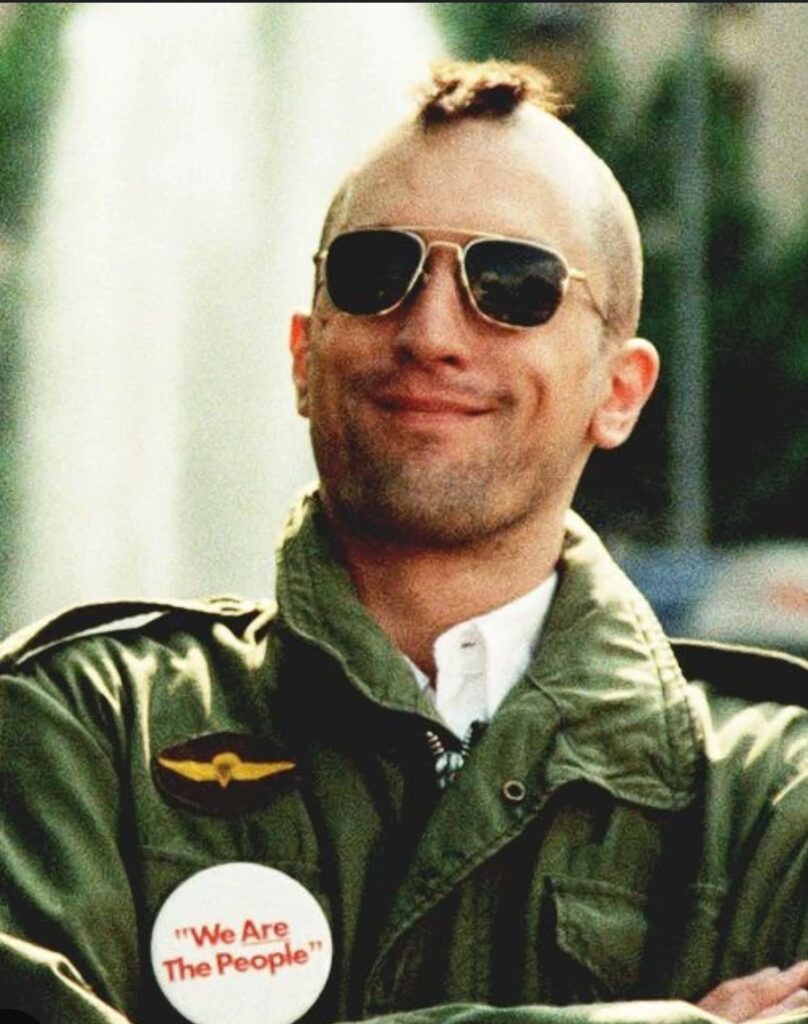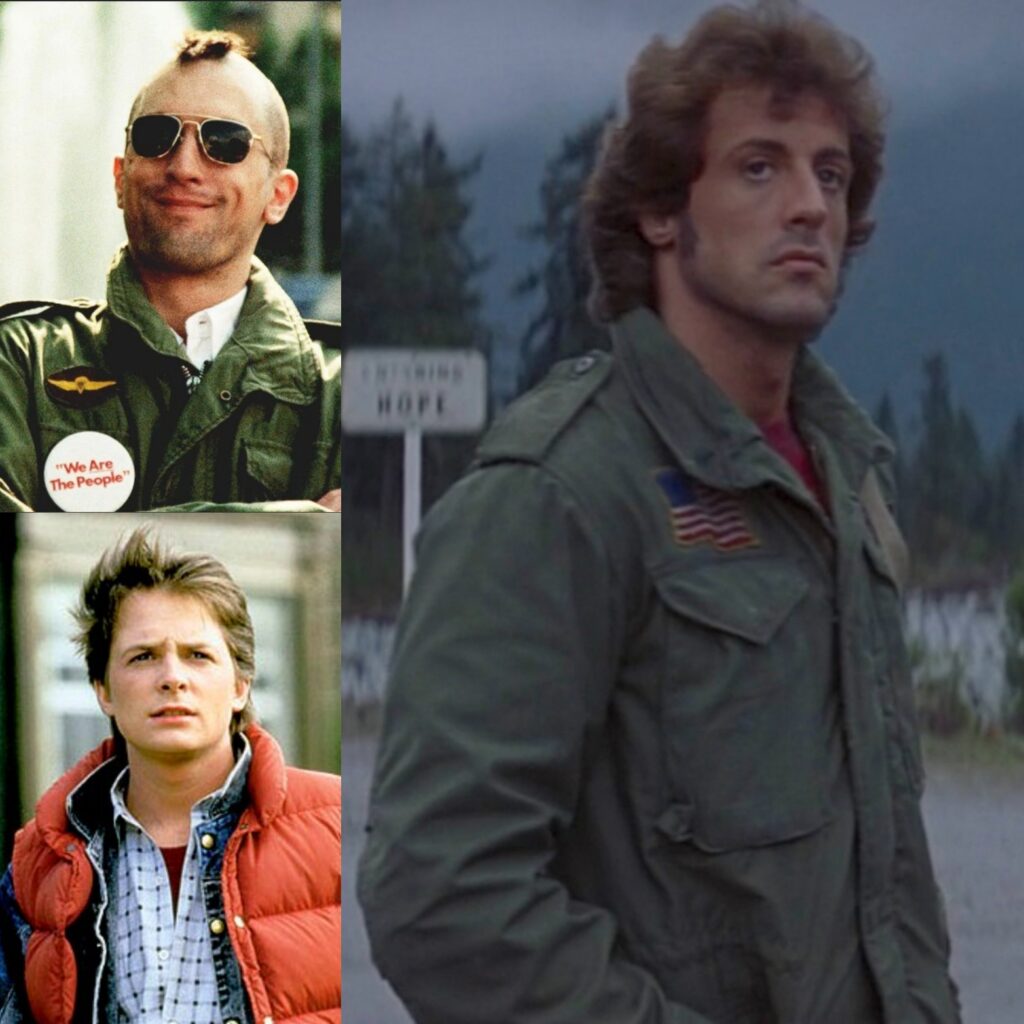Hollywood has a checkered history with racebending. In hollywood’s early days, when blatant racial overtones were the norm, white actors would cover themselves in grease to portray black characters and native americans, as Jim Crow prevented people of color from appearing on screen as anything but slaves and servants. These “blackface” and “redface” portrayals took full liberty in their mocking tone, never missing an opportunity to throw some shade at an entire race whenever the plot needed a bit of comic relief. Over the last ten years, Tinseltown has made efforts to diversify their promo posters by casting people of color in roles that are traditionally held by white actors. A profit driven scam to appear diverse on the surface, and to quiet any “woke” dissenters complaining about lack of representation.
From the perspective of Hollywood producers, pallet swapping a character here and there is a cheap price to pay for an updated image. Hiring Black actors continues to provide a budget friendly option for the board room. People of color are still paid less than their white counterparts to this day, so why not save a few mill while also giving the impression representation is a priority? It’s a win win.
However, here we would like to propose a question; what if race swapping a character could actually ENHANCE a protagonist? Its a tricky question for sure however, placing a black person in a white space is naturally a point of anxiety for audiences of color, and a trigger of guilt for the white ones. What if filmmakers used this contrast to their creative advantage? Instead of simply swapping a white mermaid for a black one… why not a classic horror villian? Or a character who is already battling an overwhelming social construct? Swapping the typical white actor for a person of color would make the dilemma even more intense, as they are not just battling the bad guy, but all the baggage that comes with being the only colored person in the room?
Can changing the race of the character change the theme of the project altogether?
In no particular order, three movies with distinct themes that would change entirely if the color of the protagonist was switched from white to black.
jOHN rAMBO

Over the course of 5 sequels John Rambo has been diluted to a grunting action hero with terminator level plot armor. No bullet can touch him, no one can beat him up, and he is never caught slippin without the biggest knife in the jungle. But it wasn’t always this way. The John Rambo of “First Blood” was a weary, disenchanted war veteran, who simply wandered through the wrong small town. In a plot that would make Jason Aldean proud, the cops go to great lengths to make his visit as miserable as possible, simply for committing the sin of ordering a cup of coffee within the city limits. The evil sheriff even goes to the length of chaining Rambo to a wall in a prison cell while commiting water torture with a fire hose, before Rambo inevitably says “screw it” and starts fighting back. Rambo leads the cops to the forest where he takes them out one by one Solid Snake style.
Now what if he was black?
As black men have historically had a strained relationship with the police, taking a wrong turn into “whiteville” and being accosted by some hillbilly cop is a common nightmare among us, and you would be hard pressed to come up with a plot that screams FUCK THE POLICE! as loud as this one. Rambo, now Played by Jaime Foxx or Jonathan Majors, is a black vietnam war vet who traveled to Oregon to visit a military buddy, only to find he has died before he arrived. While leaving town, the local police decide today is his lucky day, and put all their effort into chasing him out of the city limits, but our boy BLACK RAMBO ain’t having it. The final 30 minutes is a power fantasy every black person has dreamed of since the first white police officer they encountered as a teenager treated them like a career criminal. Jango got nothing on John Rambo, as he beats the hell out of 6 police officers to escape a holding cell, tosses 2 of them through plate glass windows, and downs a police helicopter with a rock cause.. he is just that bad ass.
Simply changing Rambo to a black man would turn First Blood from an action movie with anti establishment undertones, to a ACAB war cry.
And I for one would be the first to buy a ticket.
Marty mcfly

“What decade would you go back to if you could time travel?” asked a high school friend. I answered sharply “Im black and was born in 1980, thats as far back as black people can go”
Marty Mcfly is introduced to us as a skateboarding, mildly rebellious, teenager with aspirations of playing guitar like Eddie Van Halen. Stuck in the suburbs of Hill Valley California, he must contend with an overbearing school principal, a school bully, and parents who could care less. He inherited his father’s self doubt, and is doomed to repeat his sins of mediocrity. Best case scenario he would have wound up with a hot girlfriend he would grow to disappoint. That was until he hopped in a time machine and changed his future.
Whisked back to the good ole days when “America was great” he navigates his hometown during the height of suburban white flight. The only black man in town cleans the floors of the local soda shop, gold tooth and all. Free of any harassment except from that which he invites with his weird clothes and references to a future that has happened yet.
Now what if he was black?
Traveling back to the 50s isn’t a fantasy for black folks, it’s more of a recurring nightmare that flashes before our eyes every time we scroll passed a Fox news clip on Tik Tok. If Marty McFly were black, his journey back in time would have been frightening to say the least. Chased by cops for simply walking down the street, his beef with Biff would have most likely involved a little bloodshed, and his relationship with his girlfriend would have been strained by weight of segregation. Back to the Future “get to the clock tower before it’s too late” plot would have immediately been injected with the only element missing from its near perfect construction; survival.
Marty’s true skill set isn’t his fretboard finess or skate prowess, its his quick wit, which would need to be on full tilt to accomplish his mission as a black teenager in 1955. Doubting that he would never become the rock star he believes he could be, would be instantly more relatable, as black kids in the 80s were never encouraged to play rock music. His father’s character, beat down by 20 years of subservantry to the white Tannen family, would rightfully fill Marty’s head with “why even try?” rhetoric. The best twist in the movie, his teenage mother’s infatuation with him, becomes even more intense when factoring in that he would be the only black male teenager in town besides his low esteem father.
If Hollywood had the balls, a Black-to-the-Future would be a tense and palm sweat inducing experience.
Travis BickLE

Travis Bickle roams the streets of Times Square in his dingy, yellow, taxi cab. Lonely, neglected, rejected and disgusted. The pimps, prostitutes, drug dealers and hustlers he ferries through the filthy avenues at night make his stomach turn. He wants to lash out at the system, the system that has perpetuated this scum, fertilized the cities underbelly with heroin and barbiturates. The cops that do nothing, the adacitious players that hauck a woman’s flesh for cash, the politicians that ignore it all. Everyone in this cycle must go. Its the only way to clean the streets. And in his mind, he’s the only one capable of taking them on.
As a white man, Travis Bickle evokes the paranoia of inner city life. The disillusionment of a war veteran who returns home to find one corrupt street after another. White men, who were promised the racial golden ticket, identified with a man that looked and sounded like them, lashing out at a world that never delivered on that white picket fence, and the wife with sandy blonde hair. The world they looked forward to as adults never existed in the first place, and the city they found was putrid, ripe with indignation. An anti hero for a male population manically depressed, and indefinitely disappointed. The prototypical proud boy.
Now what if he was black.
Loneliness come in many flavors. Extended periods of isolation may churn animosity into bitterness, and in individuals with low emotional intelligence, that bitterness manifests as anger. Black male loneliness is its own unique circle of hell rarely explored in film. A black Travis Bickle has not only been rejected by society at large, but more specifically the community he was born into. Somewhere along the line, a black Travis Bickle lost the company and confidence of his black friends and family, and is now circling manhattan at night with no village to return to. White Travis Bickle is a man without a country, black Travis Bickle is brother without a hood.
In the 70’s black cinema was in its infancy, with Melvin Van Peebles leading the charge debuting Sweet Sweetback’s Badass Song in 1970. Sweetback is regarded as the first black power film, as its “stick it to the man” theme was a brand new cinematic concept at the time. Hollywood, eager to cash in on the once neglected black dollar, flooded the cinemas with what would be known as “Blaxploitation” films.
Hollywood had no issue diluting the black experience into caricatures, especially not in the 70s. Marginalizing black culture into easy to market, yet problematic to mimic archetypes was the name of the game. The pimp, the prostitute, the gangster, the arbitrary and authoritarian white man, and the innocent child that falls through the cracks, had officially joined cowboys and indians in hollywoods “offensive to colored people, entertaining to white people” lexicon. It could be debated that black culture has imitated and promoted these archetypes to our detriment. What we reduce ourselves into to survive, we personify in our entertainment as power fantasy. Our young imitate these fantasies in real life, continuing a never ending cycle of self exploitation.
Black Travis Bickle is exhausted and disgusted by this. He feels that the criminals and filth are what we have reduced ourselves to but not what should define us, and definitely not how we should define ourselves. Fueled by isolation, bitterness, and spite, he lashes out at people that represent the aspects of black culture he loathes. Prostitutes, pimps, drug pushers, and the white politician who adds torque to their rotation. In the hands of a black Travis Bickle, “Taxi Driver” becomes a critique , not of our society, or urban isolation, but of black culture distinctly. Or more specifically, what black culture has become in Travis’ eyes. He is Goldie’s righteous brother from the Mack had he never founded The Organization, or a Black Panther lost in the streets after the FBI dismantled his chapter. He is the anti Sweet Back, and Taxi Driver his Badass swan song.

